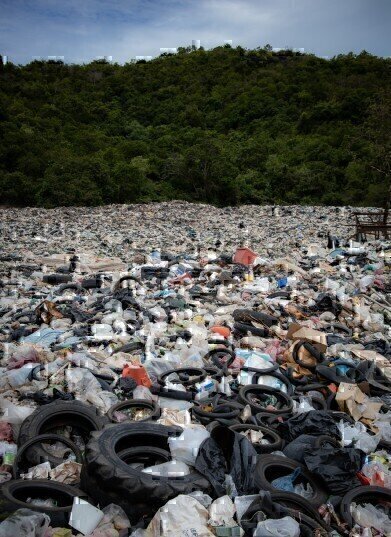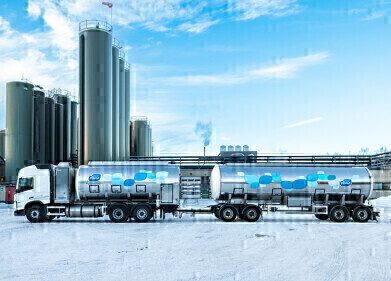Hazardous Waste
Is All Pollution Manmade?
Feb 24 2016
Mounting concerns about climate change and how it could pose a serious survival risk to literally millions of plants and animals – including humans – have caused us all to think more carefully about pollution and how we can help to fight it. Indeed, so serious is the problem that leaders from every single country in the world united in Paris at the tail end of last year to try and address the problem.
But is all pollution caused by us as a species? Are there some forms of pollution which are not manmade? Below is a rundown of a variety of different kinds of pollution, including both those which we are responsible for and those which are a natural process of the Earth.
Manmade Pollution
The vast majority of pollution on Earth is caused by mankind, especially since the Industrial Revolution several hundred years ago and an increased emphasis was placed on manufacturing and industry. Here are the key areas of pollution which pose a direct threat to our environment, and for which we are wholly responsible.
- Air Pollution. The harmful emissions spewed out by billions of passenger cars across the world and by highly pollutant power plants and factories have gradually degraded air quality, leading to respiratory problems but also to global warming and climate change.
- Water Pollution. Improperly treated effluent from industrial plants and wastewater facilities infiltrates bodies of water, compromising the quality of water there and jeopardising plant and animal life which lives under the surface of the waves.
- Radioactive Pollution. Accidents and malfunctions at nuclear power plants can have devastating consequences on the surrounding environment – one only has to look at Chernobyl and Fukushima to realise the extent of the problem. (That’s without even dipping our toes into the quandary of nuclear weapons and the fate of Nagasaki and Hiroshima in WWII!)
- Soil Pollution. As well as being undermined by radioactive waste, soil can also become contaminated through the use of pesticides and fertilisers, leading to arid land and a damaged eco-structure.
Natural Pollution
- Defecation. Animals regularly put manure into the Earth through defecation. Although this can have beneficial effects on soil and generally does not cause significant problems in water, faeces can have disease-causing properties.
- Volcanic eruptions. Sulphur dioxide, nitrogen dioxide and nitrogen oxides can all be released into the atmosphere through the process of volcanic eruption. This can lead to reduced air quality and enhance the onset of global warming.
- Biological decay. Though the decay of organisms has led to the creation of fossil fuels and is a direct catalyst for the Industrial Revolution and the reason we are able to achieve such technological breakthroughs today, it can also lead to the emission of harmful gases into the atmosphere in a more direct manner. Nitrogen oxides and methane escape from decayed organic matter and compromise the environment.
- Acidic rainwater. Rainwater is naturally acidic due to carbon dioxide present in the atmosphere. However, this acidity is exacerbated by our increased emissions of the contaminant, and gases expelled by volcanoes can make it even more damaging.
Of course, although there are natural pollutant processes, these have been taking place for millennia and are not a direct threat to the state of the environment. It is the contribution of humans that has had such a detrimental effect on our planet and could lead to grave complications for the flora and fauna which call it home.
Events
IWA World Water Congress & Exhibition
Aug 11 2024 Toronto, Canada
Aug 25 2024 Stockholm, Sweden and online
Sep 03 2024 Mexico City, Mexico
Sep 03 2024 Mexico City, Mexico
Sep 03 2024 San Diego, CA, USA














